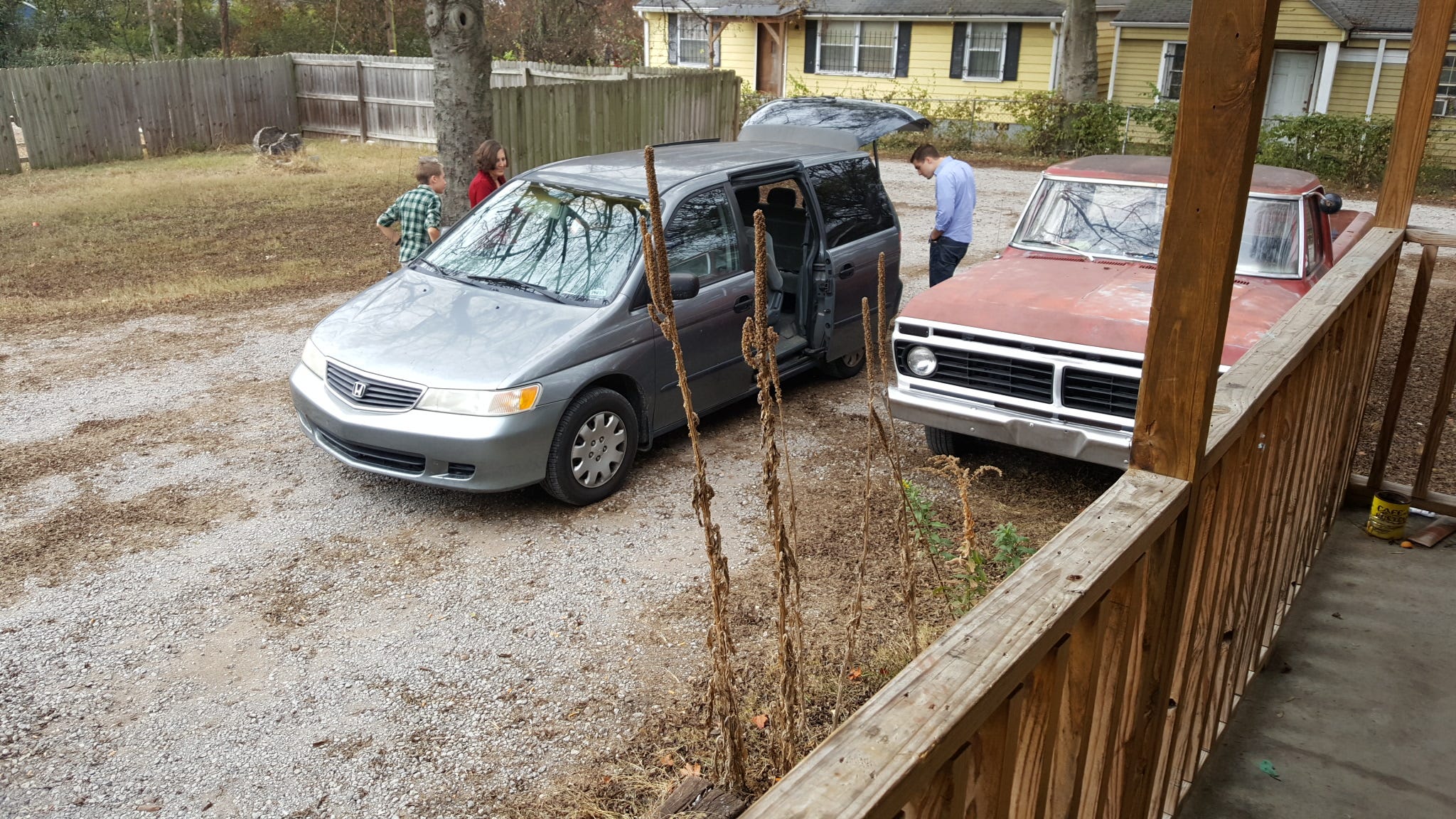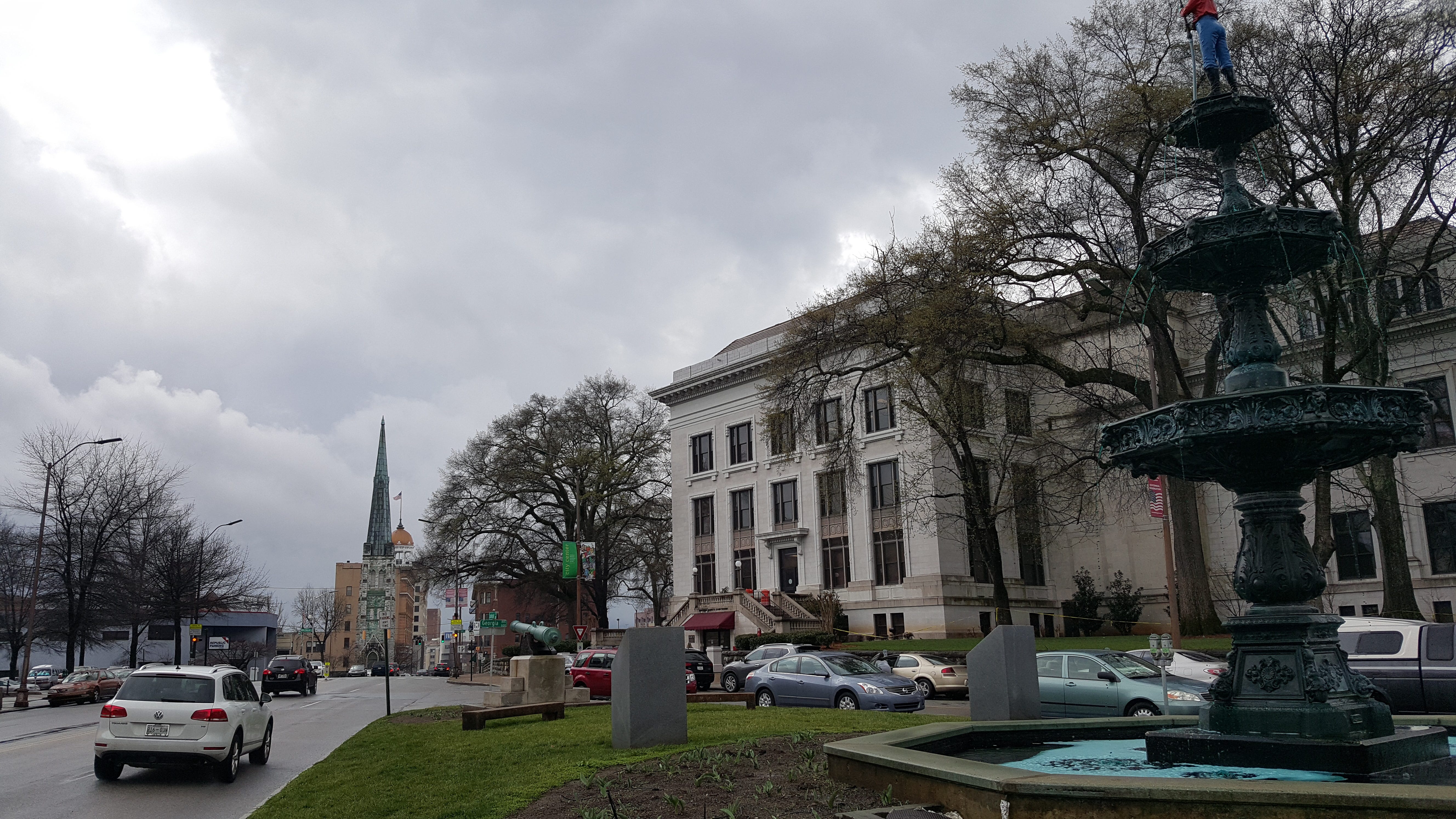Mystery unraveled: TN bosses violate basic law by ignoring 'certification' of auto policies
Gnomes discern the undoing of a mass fraud perpetuated upon Tennessee citizens 23 years, coming to light in work of an investigative radio reporter fighting for the public
CHATTANOOGA, Tenn., Thursday, March 6, 2025 — The massive investigation the Gnomes and I have made into the TFRL — the Tennessee financial responsibility law of 1977 — boils down to a simple and basic legal issue.

That is the role of the certificate. Does a person have — or need — a certificate of auto insurance?
Is a certified letter signed as received really received, as opposed to a first-class letter? Is a certificate of title for your car more secure and surer than merely a piece of paper saying you own a particular auto? Is a diploma certifying schoolwork completed more significant, weightier, more powerful than a transcript?
In Tennessee, the essential elements of the state law regarding financial responsibility include a certificate. Unless you are under a suspension, you are not required to have it. Unless you’ve had a qualifying accident, you don’t have to buy insurance to use the public road.
The following is a summary that appears in my petition to Tennessee tax boss David Gerregano on March 3, 2025.
It is the fruit of 18 months of work by the Gnomes in Tennessee, a group of humble men fighting for liberty and the rule of law in a system intended to drain and decapitalize ordinary people for the benefit of corporations and other parties. The Gnomes include librarian Ed Soloe of Alcoa and Eagle Radio Network midstate bureau chief Christopher Sapp of Sparta. Their tireless effort on your behalf deserves our thanks to God.
Tennesseans have been under oppression under color of this law since 2002.

Summary of certification rule in TN law
The law insists its certification language means something, and cannot be ignored as in the initial order. In sum, a “motor vehicle liability policy” is defined as “certified *** as [POFR]” in sect. 102. POFR is not universally required, but “when required under this chapter” is proven by a “certificate of insurance,” sect. 119. Suspended parties who regain the privilege after wrongdoing. “Proof of financial responsibility may be furnished by filing with the commissioner” the “written certificate” from a carrier “certifying that there is in effect a motor vehicle liability policy,” sect. 120. TFRL applies to people, not to cars, as the certificate requirement shows: “This certificate shall give the effective date of the motor vehicle liability policy, which date shall be the same as the effective date of the certificate, and shall designate by explicit description or by appropriate reference all motor vehicles covered thereby,” sect. 120. A person from another state under sanction may “give [POFR]” by filing with Tennessee’s safety department “a written certificate or certificates of an insurance carrier” and the commissioner “shall accept the certificate” with a condition. Sect. 121. A form of the word “certified” appears seven (7) times in sect. 123 to the effect that when an insurer “has certified a motor vehicle liability policy,” the “insurance so certified” can’t be canceled without notice filed with safety. A truck driver, when or as required by the chapter to have evidence of POFR, can get his commercial policy “certified” to be POFR, sect. 124.
Key wording “financial responsibility insurance certificate” appears in the provision limiting the time requirement for a probationer’s duty to have POFR, saying “a person who is required to provide proof of financial responsibility shall maintain that proof for the period of the revocation or suspension,” sect. 126. Safety must hear about a party’s shift from insurance to either of two purported alternatives cited in the order (p. 30), and handle return of funds paid to safety or “shall consent to the cancellation of any bond or certificate of insurance,” sect. 133. A certificate of insurance is equivalent to a bond. A carrier that “fails or refuses to file *** the certificate or form” with safety may be fined, with the proceeds payable to the insured, sect. 137. An applicant for a driver license files with the department a certificate that he “[agree]s to abide by” TFRL when required, sect. 138. State law divides ordinary insurance from the “certificate of compliance with the Tennessee Financial Responsibility Law of 1977.” At an accident scene, parties “exchange insurance information.” The police report “shall include information pertaining to the insurance policy.” But a person subject to POFR is treated differently. There exist regular insureds, then people who are required to show POFR. “If a person has a certificate of compliance with the Tennessee Financial Responsibility Law of 1977, compiled in chapter 12 of this title, issued by the commissioner of safety, a copy of the certificate shall be included in the report” T.C.A. § 55-10-108. A party subject to POFR (not the petitioner) has a policy the lapsing of which (for nonpayment) makes that person “eligible for notice” by “automobile liability insurer of record,” sect. 210. Insurance companies take part in the Atwood program under a “certificate of authority,” sect. 136. The state forces insurance companies to insure suspended tag and license holders “who are in good faith [are] entitled to, but are unable to, procure automobile liability policies through ordinary methods” and who have a right to a “motor vehicle liability policy.” EIVS began operation only “upon certification by the commissioner of revenue[.] *** Until such certification occurs,” no police officer is authorized to use EIVS. Sect. 212.
Atwood creates a utility that administers the TFRL, and its operation is bound entirely by TFRL’s definitions, categories and duties. It is not a “parallel, independent process” to administer TFRL, as claimed in the order. EIVS is a utility ministering and creating efficiencies to Part 1.
David runs a personal nonprofit fighting and mercy ministry. He thanks you for checks sent directly to c/o 10520 Brickhill Lane, Soddy-Daisy, TN 37379. Also at GiveSendGo.



